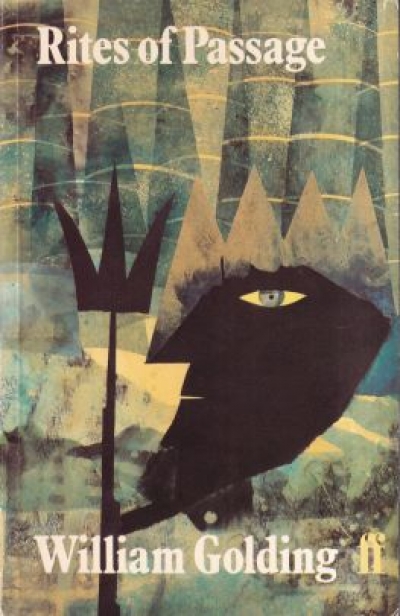For any who may suffer under the delusion that the production of good histories is easy, these three books offer some valuable lessons. The first, J.0. Randell’s Yaldwyn of the Golden Spurs, is the work of a Gentleman (i.e. amateur) historian, the other two are very much the labours of mere Players. William Henry Yaldwyn (1801–66) was a Sussex squire, (in Burke’s LandedGentry by the skin of his teeth), who turned Australian squatter to boost the family’s dwindling fortunes. He was certainly ‘in’ on some of the most significant historical action in midcentury Australia – pioneering Victorian squatter, a Port Phillip Gentleman and founder of the Melbourne Club, a visitor to the gold fields in 1852, and a few years later a pioneering squatter again, this time in Queensland. It was only Queensland that amply rewarded him, both financially and personally. He served two brief terms in the Legislative Council where, Mr Randell informs us, his ancestors’ Cromwellian sympathies encouraged him to propose a motion, finally passed by both houses in 1862, which established the elective nature of the upper house at the expense of the power of the Crown. As one of the few Queensland farmer politicians to have advanced the cause of Democracy, he is indeed a raraavis.
...
(read more)









